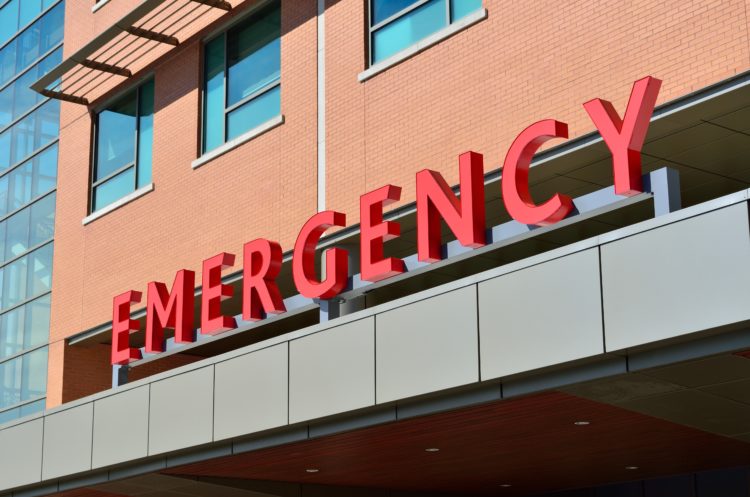Different Dental Emergencies and How to Handle Them

An emergency of any kind is never fun, especially when it comes with severe tooth pain. Dental emergencies come in different varieties, some being more serious than others. Regardless, it is important to know what conditions warrant immediate attention and what you should do when accidents happen.
Broken Tooth
A broken tooth is certainly an emergency, but unless the tooth is causing severe pain, it can usually wait a day or two until you can get to your dentist’s office. In the interim, the best thing to do is to avoid chewing on the side of the broken tooth to avoid damaging it any more. If you are experiencing severe pain or bleeding from the tooth, you should call your dentist’s office immediately. If it is after hours, odds are they will have recorded instructions on who to call in case of emergency.
Abscessed Tooth
An abscessed tooth is one that has its nerve and blood supply infected with bacteria. Most abscessed present with intense throbbing pain and sensitivity to hot and cold on the tooth in question. Often times patients will feel swelling in the area—a natural response to the bacterial invasion. Abscessed teeth require attention as soon as possible in order to keep the infection at bay. If you are experiencing swelling in your throat, jaw, or anywhere in the neck, call your dentist immediately. If the office is closed, a trip to your local urgent care center or even emergency room may be in order. Swelling in the head and neck can lead to life-threatening complications.
Different Dental Emergencies and How to Handle Them
Knocked Out Tooth
A knocked out tooth is a true dental emergency that requires the most immediate attention. As soon as a tooth is knocked out, you should head to your dentist’s office, and call on the way. Waste no time getting there asap—the sooner your dentist can treat the situation, the better the chance of long term survival of the tooth. Never rinse or scrub a tooth off. Do not hold it by the root—rather, use the crown of the tooth (the part of the tooth visible in the mouth). Place the tooth in a cup or bag of milk until you get to your dentist’s office. This will help preserve the vital tissues attached to it.
Related>>> Three Holiday Treats That Can Cause Damage to Your Teeth
These are just a few of the most common dental emergencies. Any time you are experiencing tooth pain, it is essential to use good judgment and not to assume that problems will resolve themselves. Always call your dentist first, even if it is after hours. By being proactive and treating each situation as a true emergency, you can be sure that you will get the best treatment possible.


No Comment